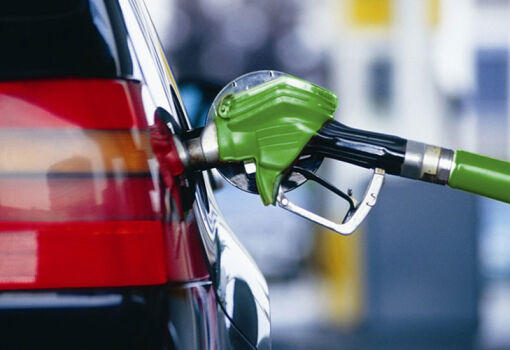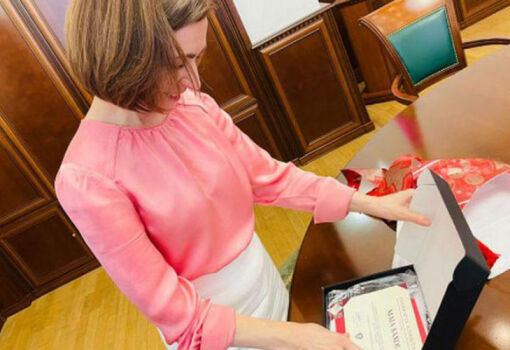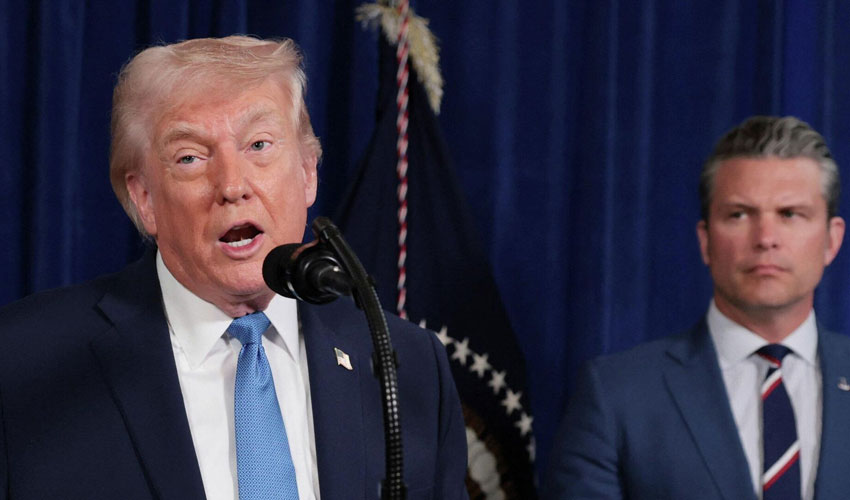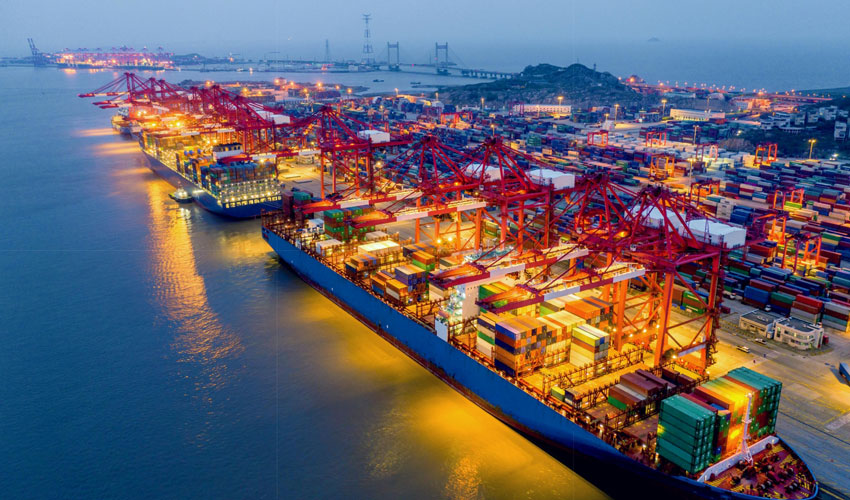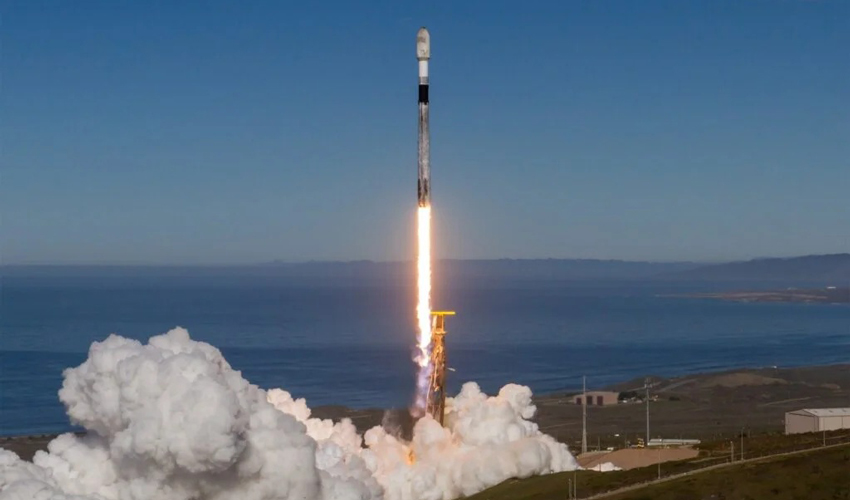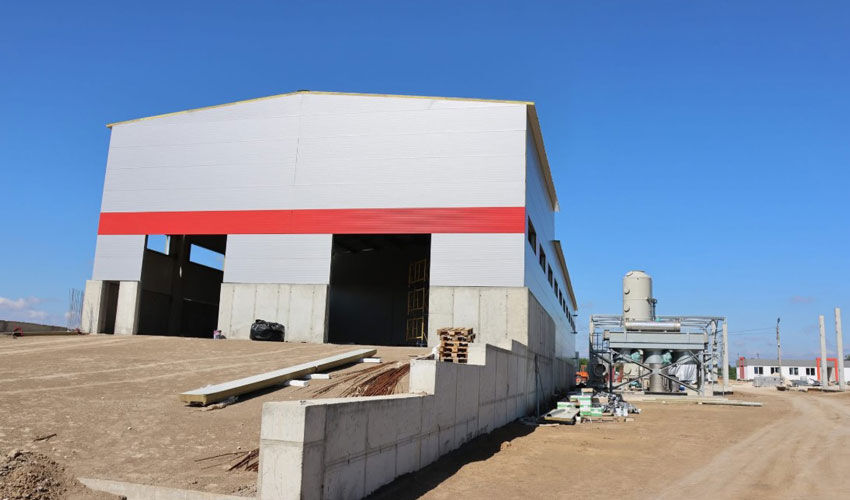
The process is strictly closed, with no emissions or odors, and the treatment facilities ensure minimal environmental impact. “The plant will be equipped with filters so as not to pollute the air, soil or harm public health. The construction of such a plant is absolutely necessary, and it is designed to solve certain problems, not exacerbate them. It does not pose any danger to public health and the environment,” Ion Bulmaga, head of the Environmental Protection Inspectorate, told Radio Moldova.
According to Eugeniu Voinicki, the chairman of the Association of Poultry Patrons of the Republic of Moldova, it is very important that a clear system is established in our country, which will meet the requirements of the European Union, where such plants are successfully operating.
“We will get a finished product from waste, which can be used and sold. It’s an ecological solution, it’s not for pollution. The mass is boiled, dried, moisture is removed, then transported to the press, where the fat is extracted, and the remaining mass – protein meal can be used either as fuel, fertilizer or as a product for animal feed. There is an idea to develop the plant further, to make even a line for the production of dog and cat food. And the resulting oil is used as biofuel. There are already partners who are interested in our product, it is in great demand and has a fairly high price,” Wojnicki said.
The works on the plant, which is part of the project “Competitive Agriculture in Moldova” financed by the World Bank, started at the end of 2024 and are about 60% complete.
Olga Sainciuc, acting executive director of the Joint Unit for Implementation and Monitoring of Agricultural Projects, said that the technologies will be among the most innovative. The goal is to build a model enterprise that will meet all environmental requirements and apply the most gentle technologies with minimal environmental impact.
“Discussions are underway about a public-private partnership or concessioning the plant to a consortium of companies – one international and one local, or a local company. The feasibility study will show which formula will be the best. Next week, the government delegation will travel to Germany to study the German practice of effective management of such facilities, as management is the key to success,” Sainchuk said.
As Logos Press previously reported, the plant is located on the outskirts of the town of Criuleni. It will be designed to process animal waste into an industrial resource and will contribute to the protection of the environment and public health. The plant will be equipped with modern technologies, including negative pressure systems, biofilters for air purification and wastewater treatment facilities.








